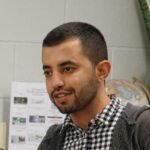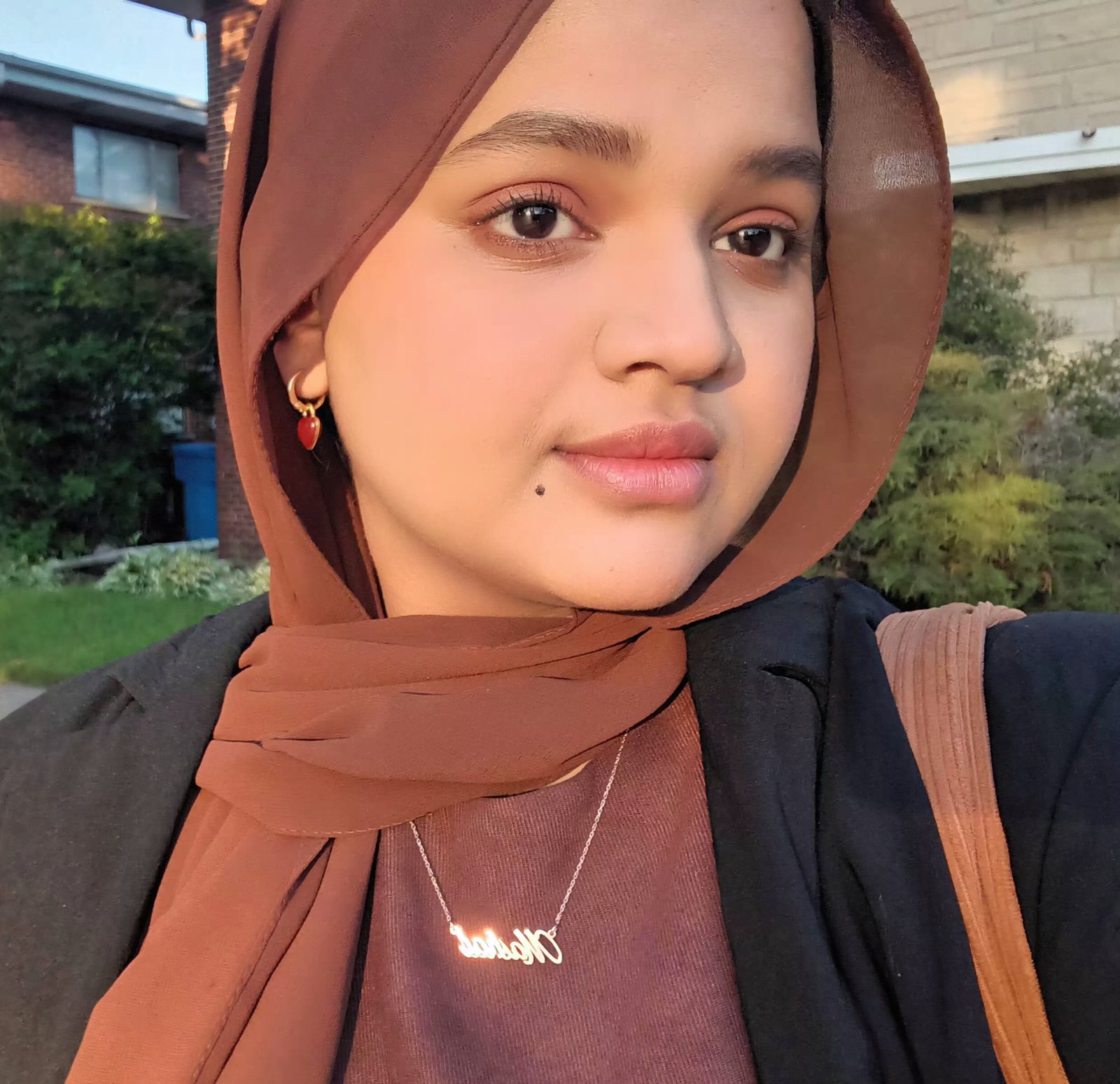Illinois Tech’s Stormwater Infrastructure Project
A National science foundation-funded strengthening american infrastructure project
This project helps improve water infrastructure to alleviate flooding and prepare for climate change and extreme weather. Flooding disproportionately affects certain constituencies due to a historical lack of investment in water infrastructure. We need new policies and innovative stormwater management approaches to address current flooding concerns, prepare for future climate change, and ensure appropriate water management. However, this can only happen with active contributions from community members. We are crowdsourcing stormwater infrastructure-related data, educating community members about water infrastructure, and analyzing differences among the communities from which these data are drawn. The results are being used to develop policy prescriptions to prepare infrastructure for appropriate solutions to climate change. This project aims to improve the knowledge of society, focusing particularly on constituencies in Chicago, with respect to water infrastructure.
The project objectives are to: (1) improve public understanding and engagement in stormwater issues through citizen science, (2) assess stormwater infrastructure differences based on communities’ socio-economic status, and (3) identify viable policy options using both economic and political analyses. Research focusing on the valuation of biophysical change is much less prevalent as an outcome measure compared with analyses of biophysical-oriented services; economic-quantitative research dominates, reflecting the dominance of a low-impact development approach in water management. This project recognizes and attends to all aspects of these dimensions and addresses not only the economic-quantitative aspects of stormwater management but also political modeling. There are overlaps between our approach and existing models that target the reduction of risk, the minimization of construction costs, and the identification of the most affected populations. Yet, our approach is distinct in that we control for variance across drainage basins within and among communities in terms of their hydrological volume balance when assessing existing and prospective practices and policies, and we contextualize the entire research enterprise within bolstered citizen science, defined in terms of both data collection (i.e. crowdsourcing of water infrastructure-related data) and data analysis. We claim that there is synergy between these two, allowing the general public to more effectively contribute to the policy making process and community capacity building.
Objectives
1. Improve citizen science and citizen education about water infrastructure [more details]
2. Assess water infrastructure differences between socio-economically disparate communities [more details]
3. Identify viable policy options using both economic and policy analysis [more details]
Team
The project team has expertise in hydrological modeling, political science, geography, and landscape architecture, and urban design methodologies that are combined to address water infrastructure, providing detailed updates of future inundation risks under various scenarios of infrastructure investment and climate change to communities that are affected.
coRE FACULTY –>
current
Research
assistants –>
FORMER
Research
assistants –>

Rashed Al Sakarnah
CAEE

Deanna Exline
CAEE

Irem Tekogul
INSTITUTE OF DESIGN
Partners
MWRD
CMAP
CNT
CUASHI



















